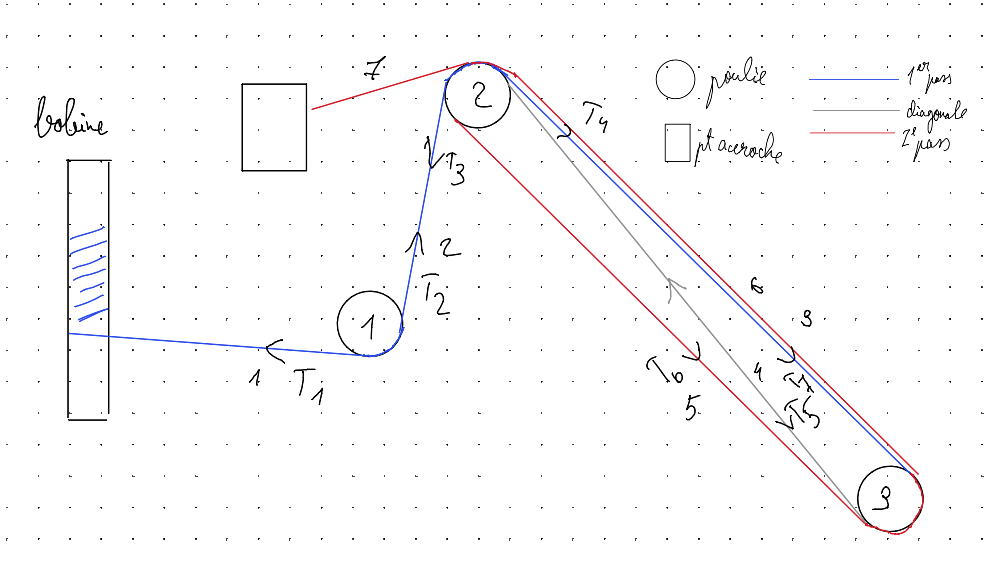What To Value

“Your habits are based on your habitat” Cordae in his TED talk
Values can be defined as broad, trans-situational, desirable goals that serve as guiding principles in people’s lives. Values are basically ideas people either consciously or unconsciously follow and these ideas are supposed to be relatively stable over time. Based on Nature Human Behaviour there is growing evidence that value hierarchies are shaped quite early on. Apparently children at age 5 already distinguish between the different values. Nevertheless the understanding of one's values becomes more clear during the adolescence.
In April I happened upon Ali Abdaal's podcast episode with Dr Julie Smith. In the podcast they discuss among other things the way to live a meaningful life using science. One idea caught my ear: my ideal being. This is basically the ideal way one would like oneself to be. Sounds simple enough, right? Dr Julie Smith even gives a few ways to attack the problem head on – first dissect your life into 4 to 5 main groups. Then you can proceed to set the ideal vision you have of yourself in each of those groups. For me this was an entertaining exercise but not concise enough. I went on to kind of forget about it for a while.
A month later I came across Chris Bailey's blogpost. This blogpost is called "There are just 10 basic values" and it is so nice and simple. In this text we learn about a certain Shalom Schwartz, a social psychologist who developed the Theory of Basic Human Values. In this theory there are only 10 of these basic values. When reading up on Shalom Schwartz I learned that this theory can be considered as an extension of Hofstede's cultural dimensions theory which we learned about earlier this year in my human formation class.
This intertwining of my knowledge inspired me way more and I went on to make a mind map with my own values (or at least what I believe them to be at the moment). I also added small notes on wether I was thriving in a certain field or if there was work to be done. Without further ado I will share with you Shalom Schwartz's findings so that You can do the same.
Here are the ten basic values:
- Self Direction: acting and thinking independently – choosing, creating and exploring.
- Stimulation: Excitement, novelty, and challenge in life.
- Hedonism: Pleasure and sensuous gratification for oneself.
- Achievement: Personal success through demonstrating competence according to social standards.
- Power: Social status and prestige, control or dominance over people and resources.
- Security: Safety, harmony and stability of society, relationships, and self.
- Conformity: The restraint of actions, inclinations, and impulses that are likely to upset or harm others and violate social expectations or norms.
- Tradition: Respect, commitment and acceptance of the customs and ideas that traditional culture or religion provides.
- Benevolence: Preservation and enhancement of the welfare of people with whom one is in frequent personal contact.
- Universalism: Understanding, appreciation, tolerance and protection for the welfare of all people and of nature.
Here's a little exercise for You today: Take a piece of paper and write down which of those values attract You most at this very moment. It can be very inspirational for yourself to reflect on what You value. It is as if we drew somewhat of a plan of our dream lives. In the future it can be a plan to either follow or to decide to change paths from. Remember to add a date to that paper because it can render the redefining of values later on even more fun.

This Week's Suggestions:
This is the paper that Chris Bailey based his blogpost on and that I myself browsed through for the writing of this post.
This is Geert Hofstede's official website where there is an interactive globe that unravels the different cultural dimensions of the whole world.
I have listened to quite a bit of Cordae's music in my lifetime and thus it was very entertaining to be presented his mindset and his values on the TED stand.
Thanks for being here!




